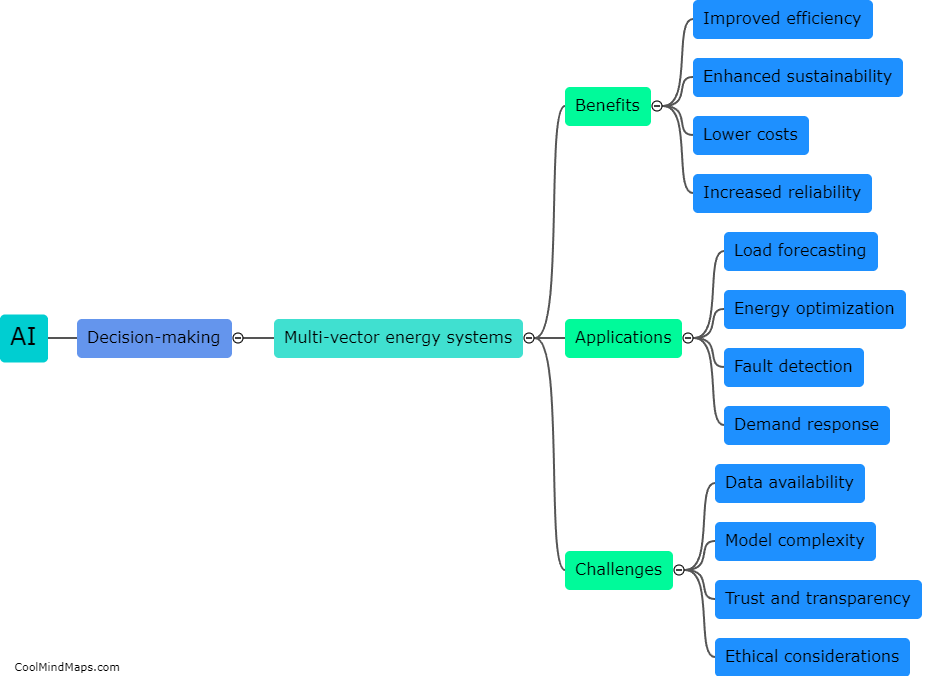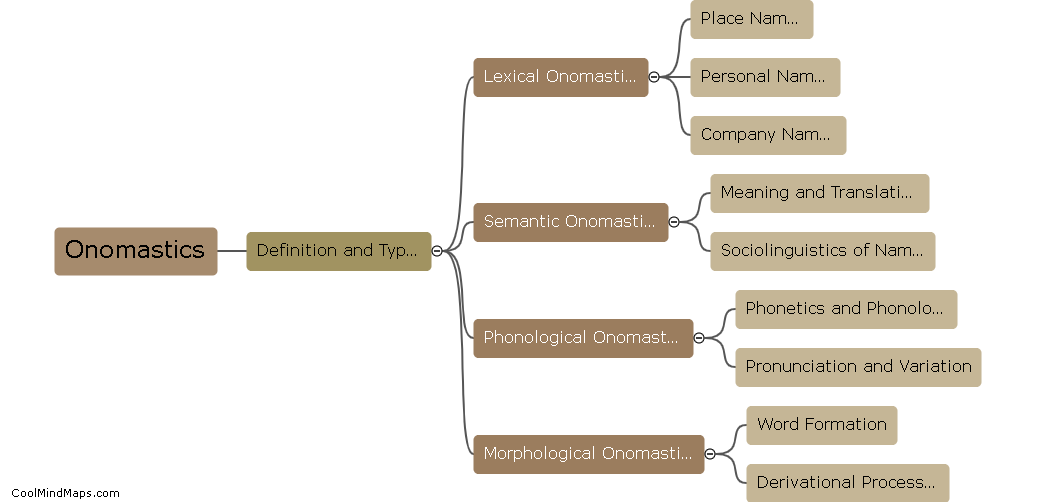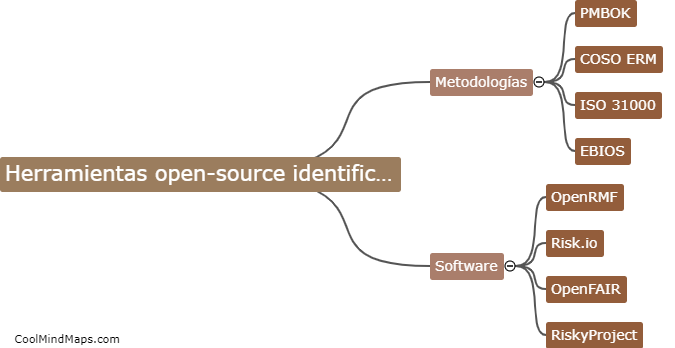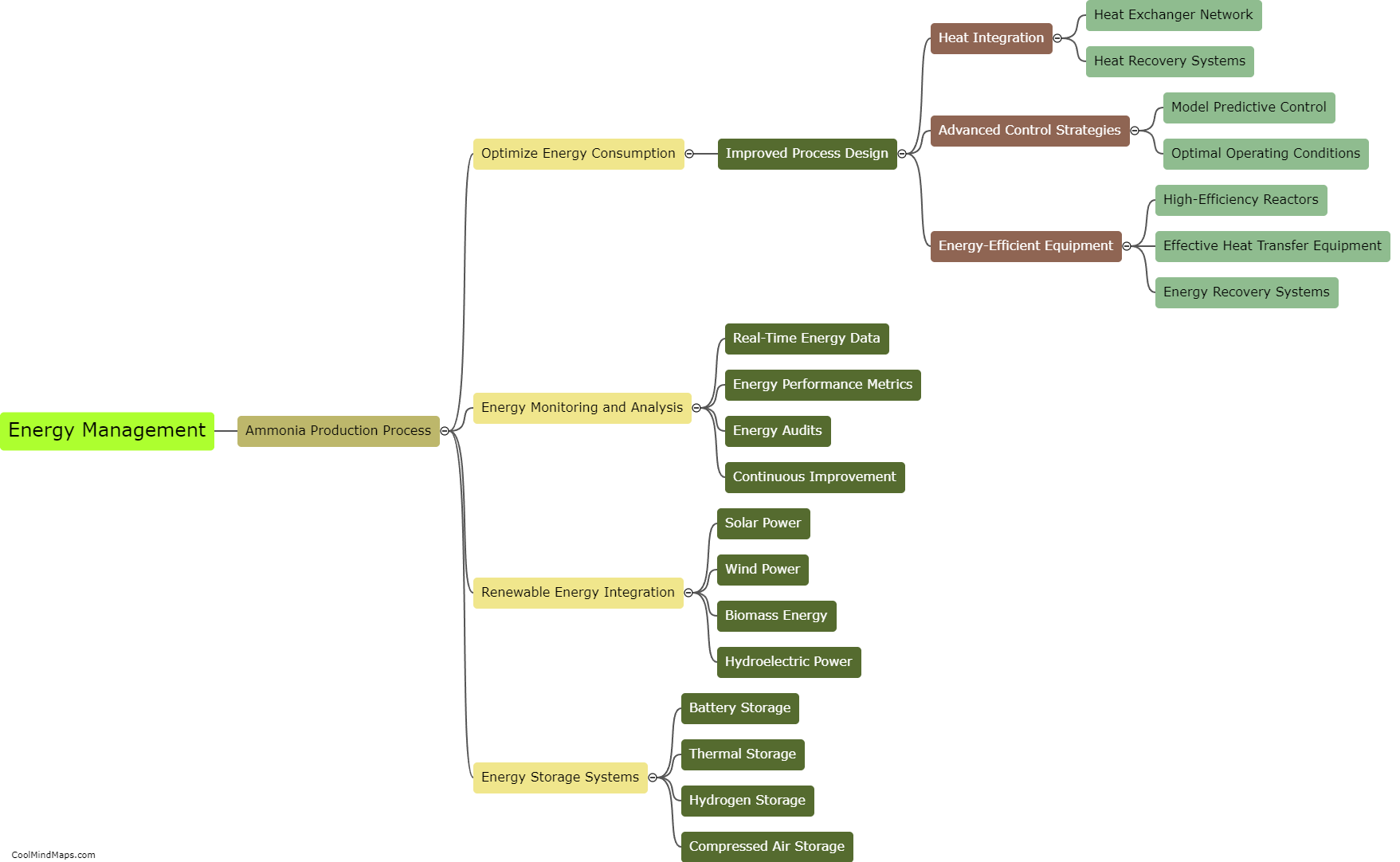How does geothermal desalination compare to other methods?
Geothermal desalination, a process that utilizes geothermal energy to produce freshwater from salty or brackish water, is gaining attention as a sustainable solution to the global water scarcity problem. When compared to other desalination methods like reverse osmosis and thermal distillation, geothermal desalination offers several advantages. Firstly, it is more energy-efficient as it harnesses renewable heat energy from the Earth's core, reducing reliance on fossil fuels. Secondly, geothermal desalination has a smaller environmental footprint as it produces no greenhouse gas emissions or harmful byproducts. Additionally, its operational costs tend to be lower since it requires minimal chemical additives and maintenance. Despite these benefits, geothermal desalination is limited to areas with geothermal resources and faces challenges in scaling up, but ongoing research and technological advancements hold promise for its wider implementation and integration into sustainable water management systems.
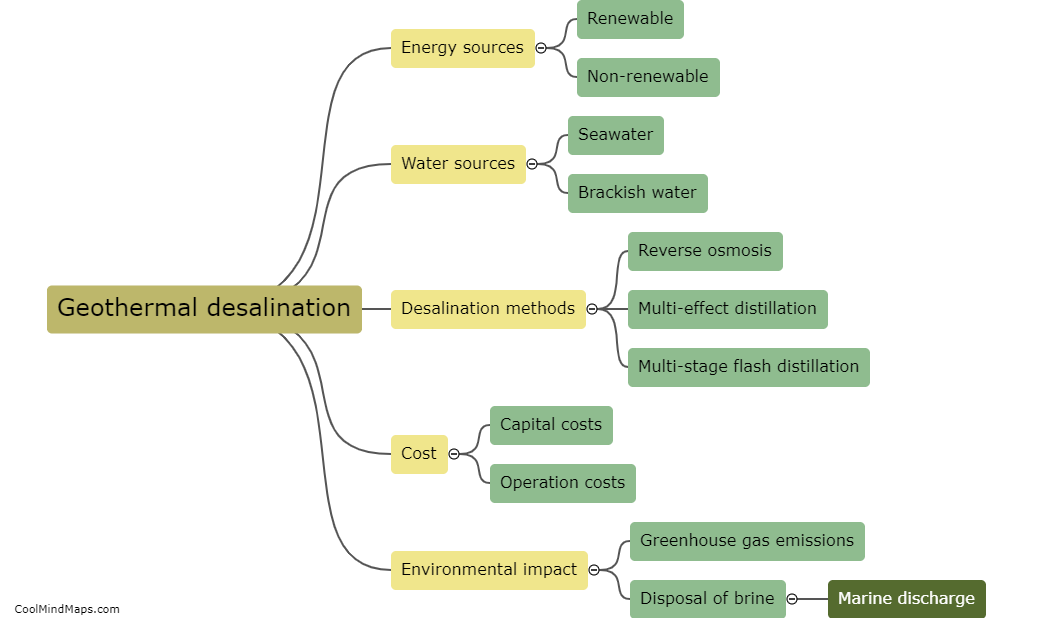
This mind map was published on 4 October 2023 and has been viewed 103 times.
